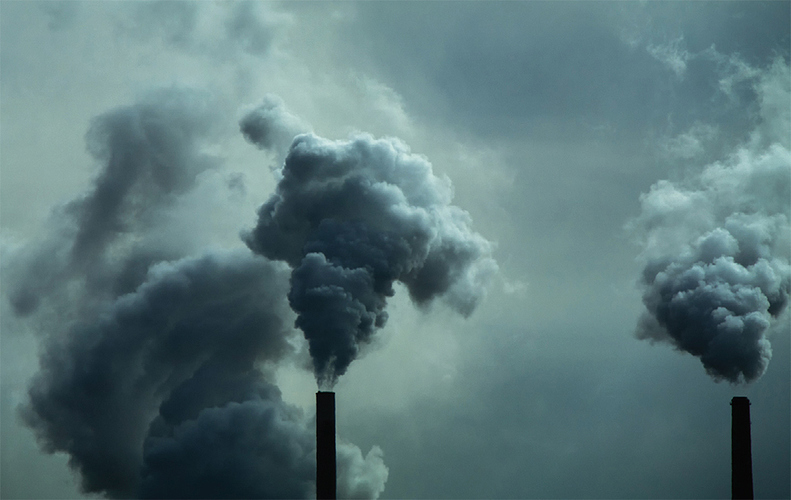In the latest issue of Bookforum, Michael Robbins reviews The Progress of This Storm: Nature and Society in a Warming World by Andreas Malm. One of Malm’s central aims in the book is to attack the notion that we can no longer distinguish between nature and society, an idea most prominently advocated by Bruno Latour. As Robbins notes, retaining this distinction is crucial to Malm’s “socialist climate realism” and to his argument that dialectical thinking is the most appropriate way to understand the history and present of capitalist-fueled climate change. Here’s an excerpt from Robbins’s review:
Malm defends a position he wryly calls “socialist climate realism”—a play on “socialist realism” that urges both a realist account of climate change and an anti-capitalist stance on behalf of the climate. This defense mainly takes the form of refutation of arguments so silly as to beggar the imagination. His polemic is like one of those carnival games where you knock over milk bottles with a baseball. Faddish academic philosophies stack up and Malm calmly plunks them down. Constructionism? Plunk. Hybridism? Plunk. New materialism? Plunk. Poor Latour, whose work informs all these theories, gets set up and plunked down again and again, winning Malm roomfuls of oversize teddy bears, which, according to Latour, don’t exist.
I confess that the stakes of these disputes seem fairly low. When the new materialists claim that inanimate matter possesses as much agency as human beings (“What spoons do when they scoop up soup is not very different from what I do when I talk about spoons,” says Timothy Morton), or Jason W. Moore suggests that “entropy is reversible and cyclical,” my inclination would be to refer readers to Humpty Dumpty and leave it at that: “When I use a word, it means just what I choose it to mean—neither more nor less.”
But Malm is interested in how these claims illustrate visions of reality and power relations that are hardly unique to the withered groves of academe. It matters for climate activism whether global warming is something set in motion by capital or in part by carbon dioxide as an agent in its own right. So Malm proceeds methodically, disentangling the threads of the natural from those of the social with impassioned clarity (though I could have done with fewer references to Daenerys Targaryen).
Image: MidAmerican power plant, Council Bluffs, Iowa, 2014. Rich Carstensen/Flickr. Via Bookforum.
